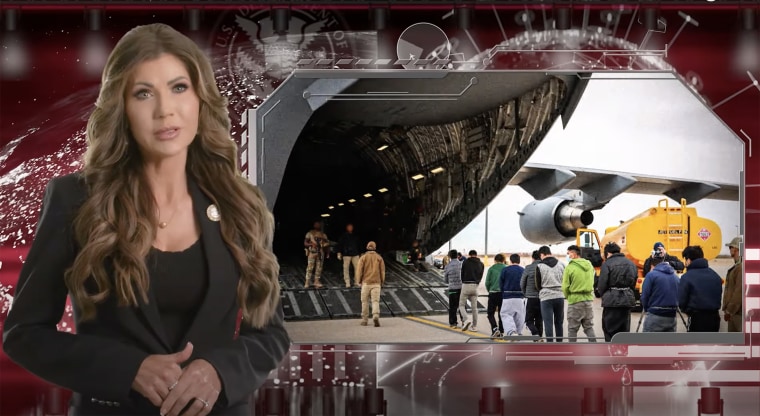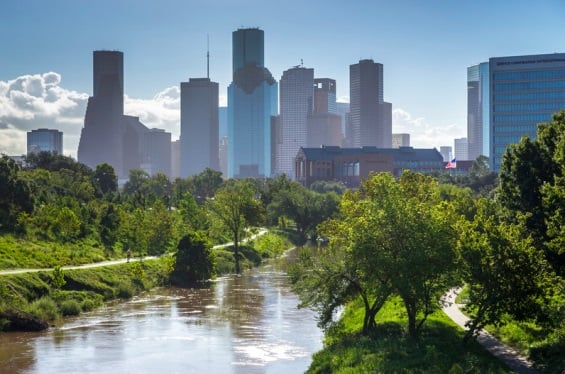Protests erupt after police raid in Brazil leaves 119 dead and draws accusations of excessive force
By Eleonore Hughes and Diarlei Rodrigues
Associated Press
Oct 29, 2025

Residents look at the bodies of people killed on Tuesday in Brazil

A man looks at the bodies of people killed during a police raid targeting the Comando Vermelho gang at the Complexo da Penha favela in Rio de Janeiro, Brazil, October 29, 2025

Bodies are seen lined up on Sao Lucas Square of the Vila Cruzeiro favela at the Penha complex in Rio de Janeiro, Brazil, on October 29, 2025

A woman mourns over the bodies of people killed on Tuesday during a gang raid in Brazil

Bodies piled up in poor neighborhoods of Rio de Janeiro on October 28 as police launched their biggest ever raids on the city's drug traffickers, leaving at least 132 dead in war-like scenes

A drone views shows mourners gathering around bodies on October 29, 2025, in Brazil

Relatives mourn beside the bodies of people killed in a gang raid on Tuesday in Brazil

As many as 2,500 heavily armed officers, backed by armored vehicles, helicopters and drones took part in the operation targeting Brazil's main drug-trafficking gang in two favelas, in Rio

Police transport bodies to a hospital following Operacao Contencao (Operation Containment) at the Vila Cruzeiro favela, in the Penha complex, in Rio de Janeiro, Brazil, on October 28, 2025

Police officers escort suspects arrested during the Operacao Contencao

Dramatic images from the raids show alleged criminals being led away by police, who made around 81 arrests

Police officers guard alleged criminals arrested during the Operacao Contencao

The central government said the blitz was launched to halt the narcotics network of a gang called Comando Vermelho - meaning Red Command - from expanding its operations
(Photos from the Daily Mail - ed.)
RIO DE JANEIRO — A massive police raid on a drug gang embedded in low-income neighborhoods of Rio de Janeiro that left at least 119 people dead drew protests for excessive force Wednesday and calls for the Rio’s governor to resign.
Dozens of favelas residents gathered in front of the state’s government headquarters shouting “assassins!” and waving Brazilian flags stained with red paint, a day after Rio’s deadliest raid and hours after families and residents laid dozens of dead bodies on a street in one of the targeted communities to show the magnitude of the operation.
Questions quickly arose about the death count and the state of the bodies, with reports of disfigurement and knife wounds. Brazil’s Supreme Court, prosecutors and lawmakers asked Rio state Gov. Claudio Castro to provide detailed information about the operation.
“This was a massacre,” said Barbara Barbosa, a domestic worker from the Penha complex of favelas, one of the two huge communities targeted in the police operation. She said her son was killed in a prior operation in Penha.
“Do we have a death sentence? Stop killing us,” said activist Rute Sales, 56. Many residents came Penha in Rio’s poor, northern zone to the imposing Guanabara Palace on motorbikes.
The toll of 115 suspects and four policemen killed was an increase over what authorities originally said were 60 suspects dead in Tuesday’s raid by about 2,500 police and soldiers in the favelas of Penha and Complexo de Alemao.
Felipe Curi, Rio state police secretary, told a news conference that bodies of additional suspects were found in a wooded area where he said they had worn camouflage while battling with security forces. He said local residents had removed clothing and equipment from the bodies, in what would be investigated as evidence tampering.
“These individuals were in the woods, equipped with camouflage clothing, vests and weapons. Now many of them appeared wearing underwear or shorts, with no equipment, as if they had come through a portal and changed clothes,” Curi said.
Earlier Wednesday, in the neighborhood of Penha, residents had surrounded many of the bodies — collected in trucks and displayed in a main square — and shouted “massacre” and “justice” before forensic authorities arrived to retrieve the remains.
“They can take them to jail, why kill them like this? Lots of them were alive and calling for help,” resident Elisangela Silva Santos, 50, said during the gathering in Penha. “Yes they’re traffickers, but they’re human.”
The tally of suspects arrested stood at 113 — up from 81 cited previously, Curi said. The state government said some 90 rifles and more than a ton of drugs were seized.
Police and soldiers had launched the raid in helicopters, armored vehicles and on foot, targeting the Red Command gang. They drew gunfire and other retaliation from gang members, sparking scenes of chaos across the city on Tuesday. Schools in the affected areas shuttered, a local university canceled classes, and roads were blocked with buses used as barricades.
Many shops remained closed Wednesday morning in Penha, where local activist Raull Santiago said he was part of a team that found about 15 bodies before dawn.
“We saw executed people: shot in the back, shots to the head, stab wounds, people tied up. This level of brutality, the hatred that is spread - there’s no other way to describe it except as a massacre,” Santiago said.
Supreme Court Justice Alexandre de Moraes ordered Castro to provide information about the police operation and scheduled a hearing with the state governor and the heads of the military and civil police next Monday in Rio.
The Senate’s commission for human rights said it was asking for clarifications from the Rio state government. Meanwhile, Rio prosecutors requested that Castro provide detailed information about the operation and proof that there was no less harmful means of achieving its objectives.
And the federal public prosecutor’s office asked the Forensic Medical Institute to ensure that autopsy reports contain full descriptions and photographic and radiographic documentation of all injuries.
Castro said on Tuesday that Rio was at war against “narco-terrorism,” a term that echoed the Trump administration in its campaign against drug smuggling in Latin America.
On Wednesday, Castro called the operation a “success,” apart from the deaths of the four police officers.
Rio’s state government said that the suspects who had been killed had resisted police.
Rio has been the scene of lethal police raids for decades. In March 2005, some 29 people were killed in Rio’s Baixada Fluminense region, while in May 2021, 28 were killed in the Jacarezinho favela.
But the scale and lethality of Tuesday’s operation are unprecedented. Non-governmental organizations and the U.N. human rights body quickly raised concerns over the high number of reported fatalities and called for investigations.
“We fully understand the challenges of having to deal with violent and well-organized groups such as Red Command,” said U.N. Human Rights Spokesperson Marta Hurtado said.
But Brazil must “break this cycle of extreme brutality and ensure that law enforcement operations comply with international standards regarding the use of force,” she said, adding that the body was calling for full-fledged policing reform.
Late on Wednesday, President Luiz Inácio Lula da Silva said on X that he had instructed the justice minister and director-general of Federal Police to meet Castro for a meeting in Rio.
Brazil cannot accept that organized crime “continues to destroy families, oppress residents, and spread drugs and violence across cities,” he said.
The operation’s stated objectives were capturing leaders and limiting the territorial expansion of the Red Command gang, which has increased its control over favelas in recent years.
Gang members allegedly targeted police with at least one drone. Rio de Janeiro’s state government shared a video on X of what appeared to show a drone firing a projectile from the sky.
Gov. Castro, from the conservative opposition Liberal Party, said Tuesday that Rio was “alone in this war.” He said the federal government should be providing more support to combat crime — in a swipe at the administration of Lula’s leftist administration.
His comments were challenged by the Justice Ministry, which said it had responded to requests from Rio’s state government to deploy national forces in the state, renewing their presence 11 times.
Gleisi Hoffmann, the Lula administration’s liaison with the parliament, agreed that more coordinated action was needed but pointed to a recent crackdown on money laundering as an example of the federal government’s action on organized crime.
Justice Minister Ricardo Lewandowski said it was clearly an extremely bloody and violent operation.
“We should reflect on whether this kind of action is compatible with the Democratic Rule of Law that governs us all,” he told journalists on Wednesday.
Criminal gangs have expanded their presence across Brazil in recent years, including in the Amazon rainforest.
Roberto Uchôa, from the Brazilian Forum on Public Safety think-tank, said that criminal gangs have strengthened despite these kinds of operations, suggesting that they are inefficient.
“Killing more than 100 people like this won’t help decrease the Red Command’s expansion. The dead will soon be replaced,” Uchôa said.


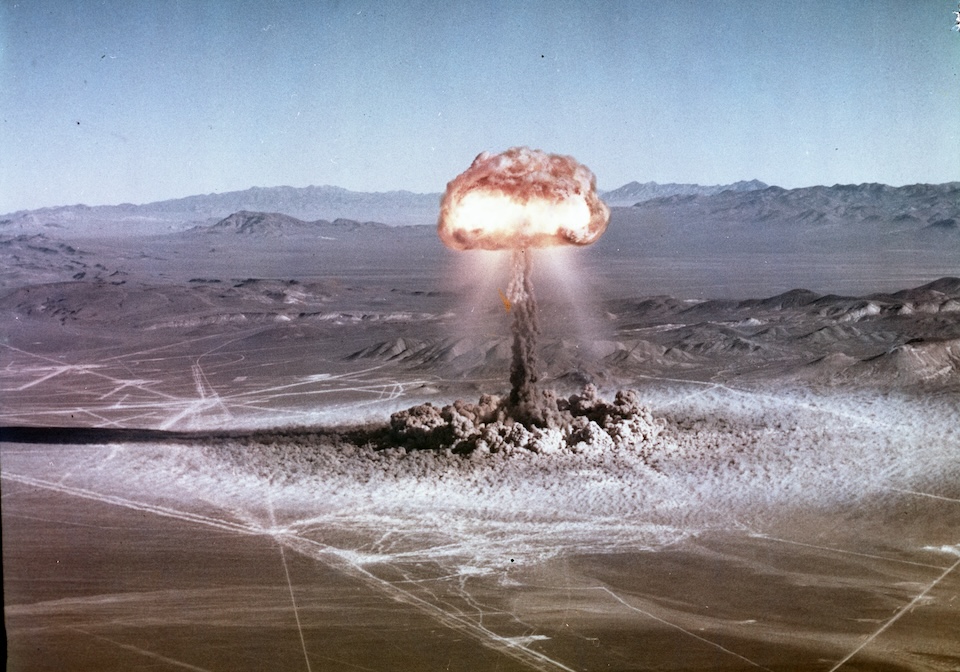

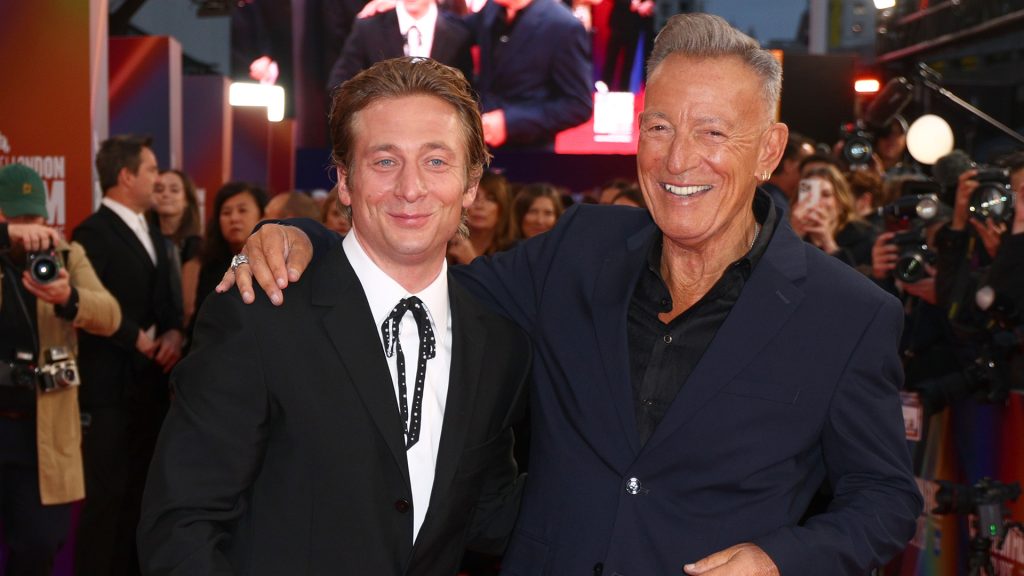
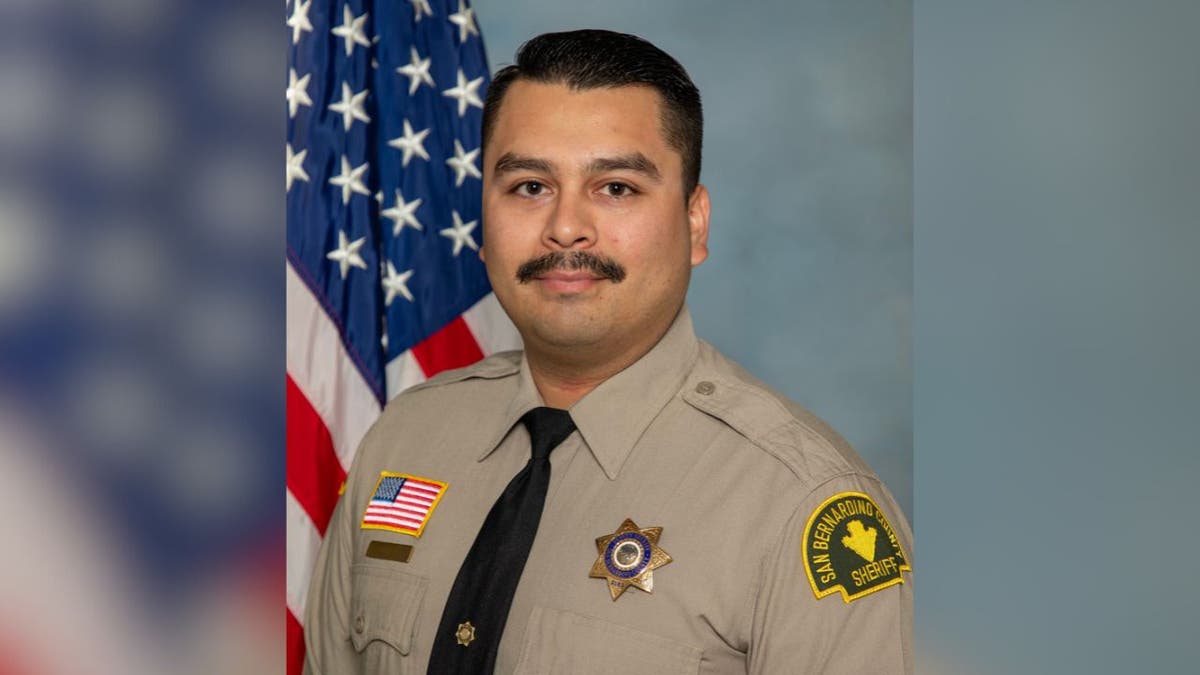
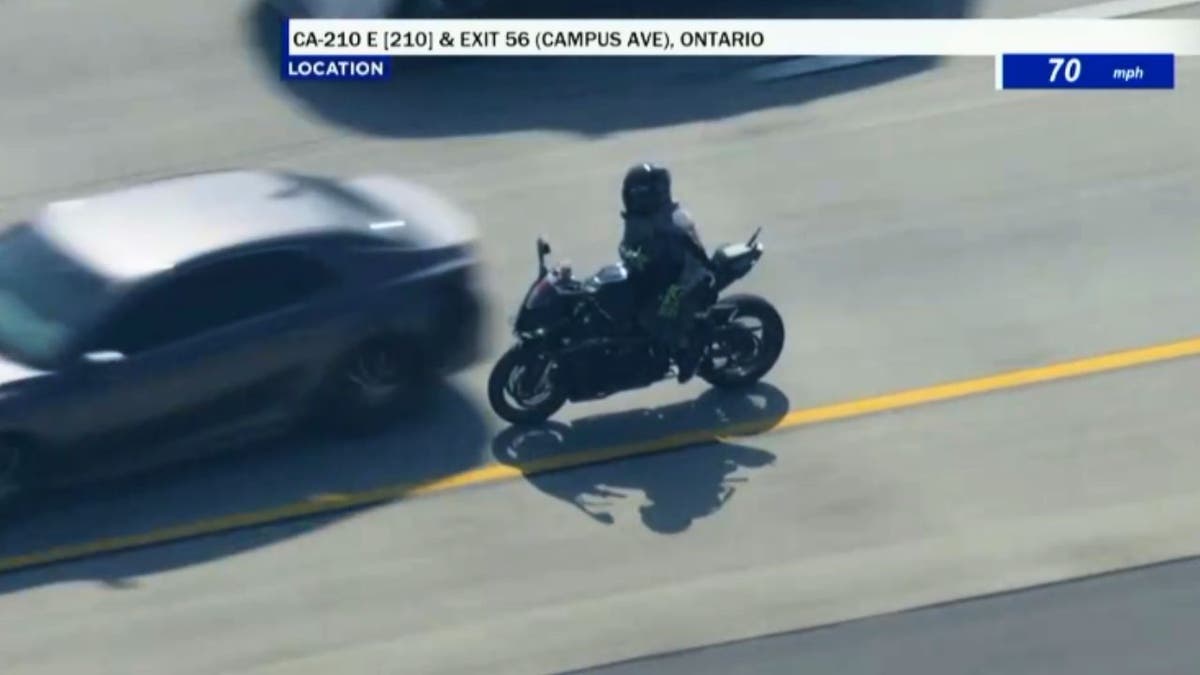

/https://static.texastribune.org/media/images/Galveston-IkeDike.png)
